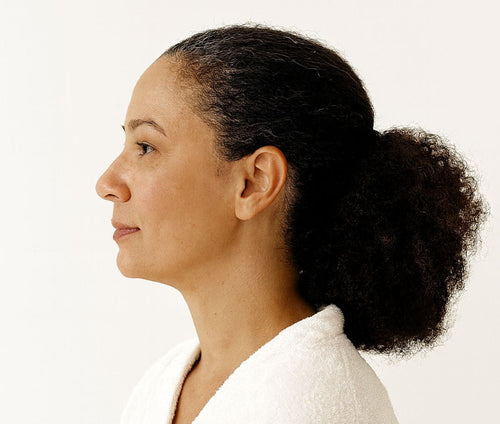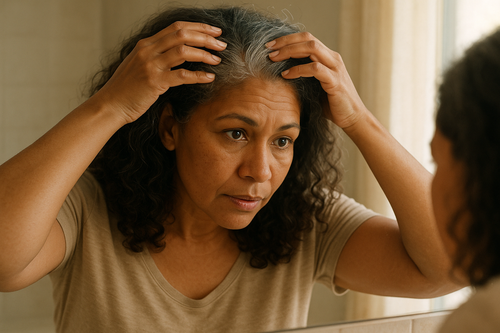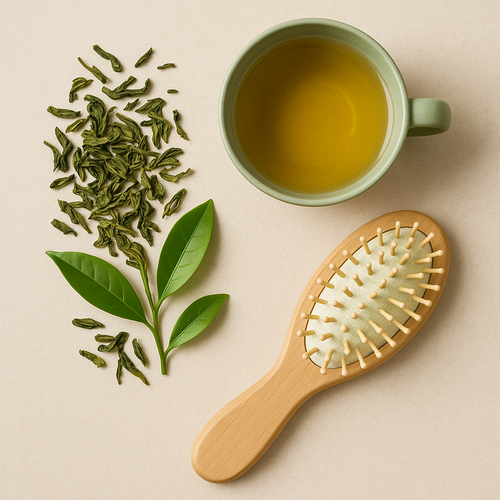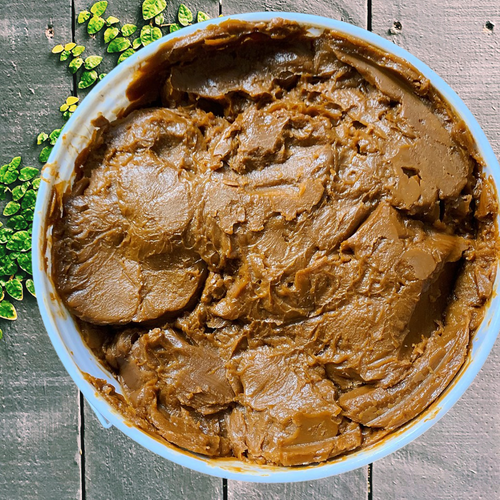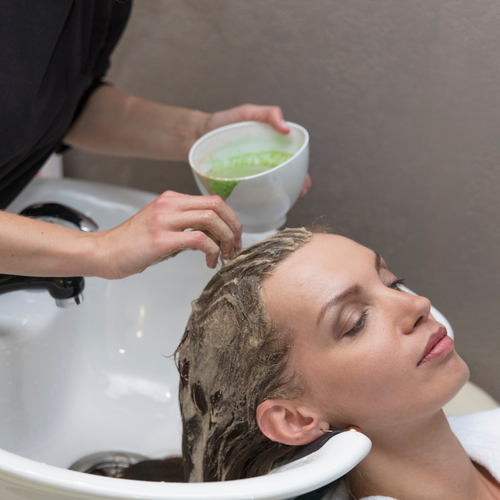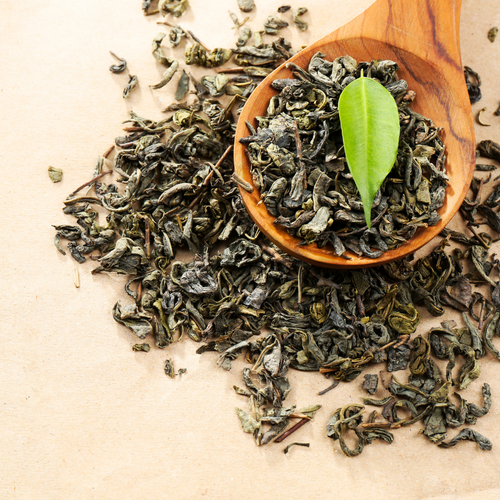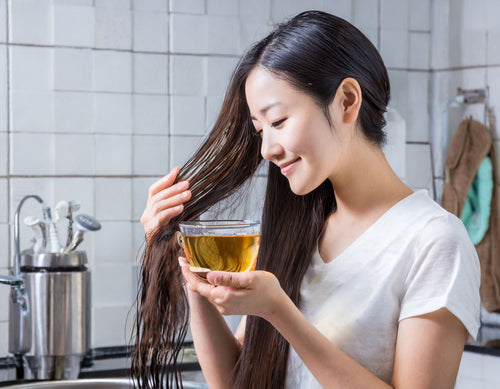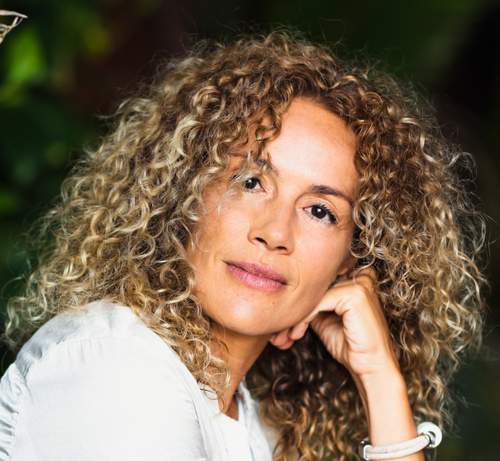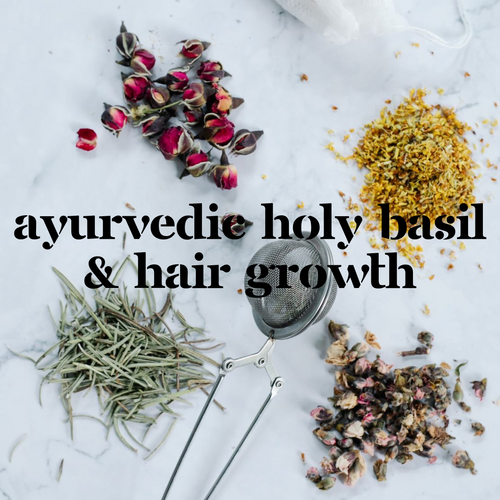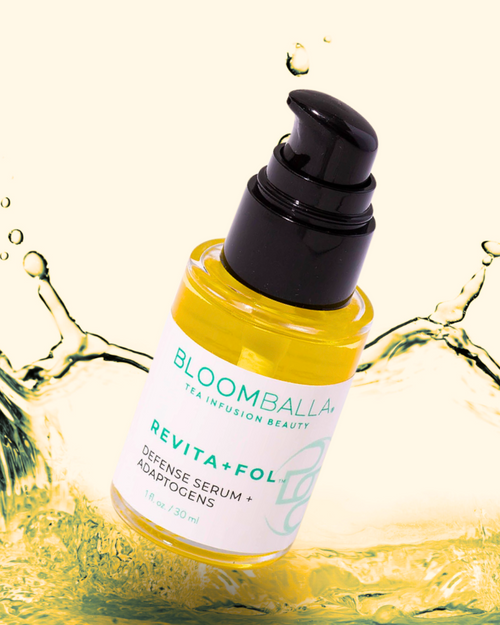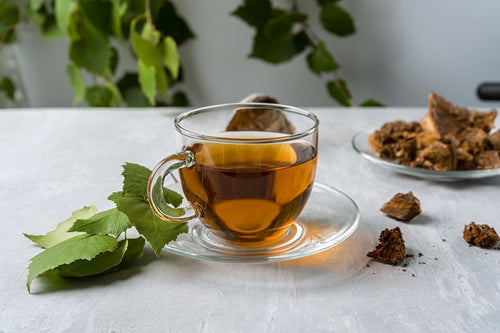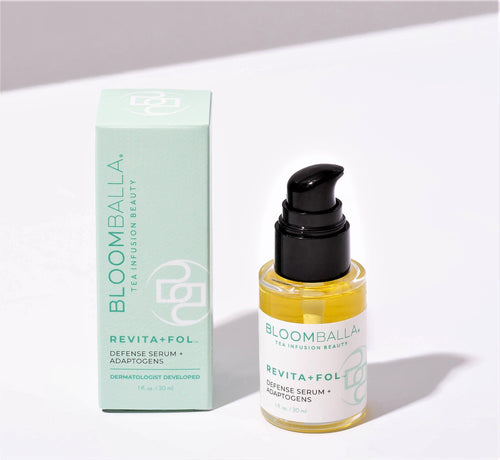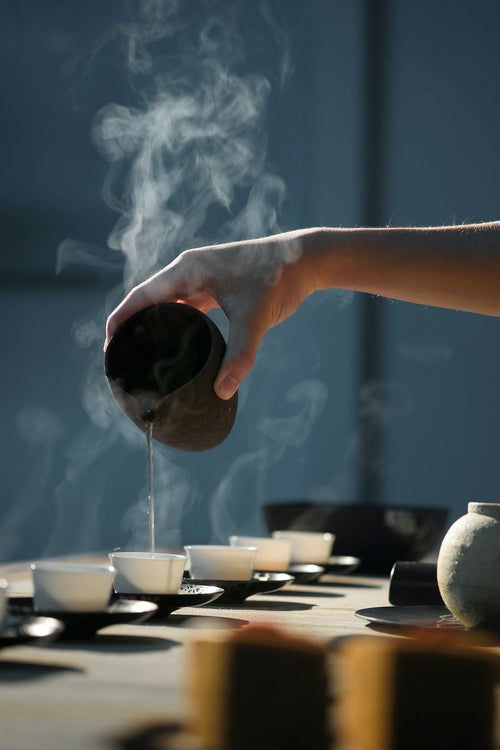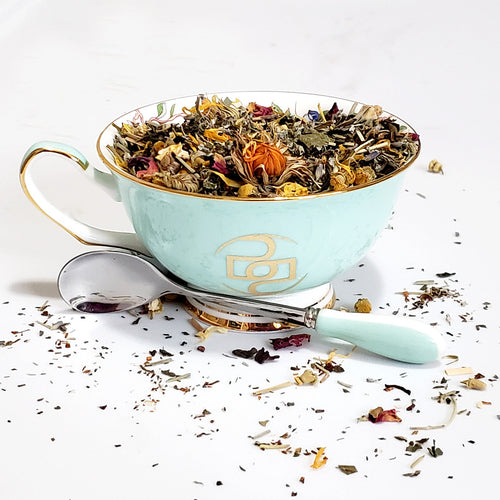Introduction
Is your life hectic and stressful? Many people use essential oils for anxiety and stress. One of the most soothing and natural methods is aromatherapy, which uses essential oils for stress relief and to promote feelings of calm and relaxation. These potent oils offer therapeutic properties that can ease mental tension while providing a delightful sensory experience. Finding effective ways to manage day to day anxiety and stress is crucial, since unchecked stress can lead to illness, hair loss, skin breakouts, and a host of other issues. In this post, we'll explore the 12 best essential oils for relieving anxiety and stress, how aromatherapy works, safety considerations, and tips on how to use these oils effectively.
How Does Aromatherapy Work?
Aromatherapy for stress is a holistic healing practice that uses essential oils to improve physical, emotional, and mental well-being. These oils are derived from various plant parts, such as flowers, leaves, stems, and roots. When inhaled or applied topically, they interact with the brain's limbic system, which regulates emotions and memory. This interaction can help stabilize mood, reduce stress, and promote relaxation.
Best Essential Oils for Anxiety
When it comes to choosing essential oils for anxiety, the following are considered some of the most effective for soothing the mind and body:
Lavender
Lavender oil is renowned for its calming and relaxing properties. It helps reduce anxiety, improve sleep, and promote a sense of peace. Lavender can be used in diffusers, added to bathwater, or applied topically.
Chamomile
Chamomile essential oil has a soothing effect on the nervous system, making it an excellent choice for reducing anxiety and encouraging relaxation. It’s often used as part of evening rituals to support restful sleep. Chamomile, along with lavender essential oils, have been used to help decrease depression, anxiety, and stress levels.
Bergamot
Bergamot oil is uplifting and mood-enhancing. It helps alleviate stress and anxiety by promoting a sense of well-being. With its citrusy aroma, bergamot is one of the best oils for stress relief and can improve overall mood.
Neroli
Neroli essential oil, derived from the blossoms of the bitter orange tree, can be a powerful salve for anxiety and stress relief. Known for its sweet, floral, and slightly citrusy scent, neroli oil has been used for centuries to calm the mind and body. Its soothing properties make it a great choice for balancing emotions, reducing tension, and promoting relaxation. Doing a scalp massage with a scalp serum containing neroli oil is a soothing way combat anxiety.

Ylang Ylang
Ylang Ylang oil is used to balance emotions and reduce stress. Its sweet, floral fragrance helps to ease anxiety and cultivate a sense of calm.
Rose
Rose essential oil is revered for its emotional balancing properties. It reduces feelings of anxiety while enhancing emotional well-being through its rich, comforting aroma.
Jasmine
Jasmine oil uplifts the mood and relaxes the mind, making it useful for easing anxiety and promoting a sense of emotional balance and euphoria.
Clary Sage
Clary Sage oil reduces stress and improves mental clarity. It can help balance mood swings and decrease feelings of anxiety.
Peppermint
Peppermint oil provides a refreshing, invigorating sensation that can help clear the mind and alleviate stress, while also improving concentration.
Geranium
Geranium essential oil is known for its balancing properties. It helps reduce stress and anxiety while promoting emotional stability.
Cedarwood
Cedarwood oil has a grounding, calming effect, helping to ease anxiety and promote relaxation with its woody aroma.
Vetiver
Vetiver essential oil is deeply calming and grounding, making it an excellent choice for stabilizing emotions and managing anxiety.

Are Essential Oils Safe?
Essential oils for anxiety are generally safe when used properly. However, it's essential to follow safety guidelines to avoid adverse reactions. Always use high-quality, pure essential oils from reputable sources. For topical use, dilute essential oils with a carrier oil, such as coconut or jojoba oil, to prevent skin irritation. If you have sensitive skin, do a patch test before widespread use.
Side Effects of Essential Oils
While essential oils offer numerous benefits, they can cause side effects in some cases. Common side effects include:
- Skin Irritation: Undiluted oils can cause irritation or allergic reactions. Always dilute before applying topically.
- Sensory Irritation: Excessive inhalation of essential oils can lead to headaches or nausea. Use in moderation.
- Photosensitivity: Some oils, like bergamot, can increase sensitivity to sunlight. Avoid direct sun exposure after use.
If you experience any adverse reactions, discontinue use and consult a healthcare professional.
How to Use Essential Oils for Anxiety and Stress
There are several effective ways to incorporate aromatherapy for stress into your daily routine:
Diffusion
Add a few drops of essential oil to a diffuser to spread the aroma throughout your space. This creates a calming atmosphere and promotes relaxation.
Topical Application
Do a relaxing scalp massage with a scalp serum containing essential oils. For example, Revita+Fol scalp serum contains rose and neroli flower oils, can be used for a soothing scalp massage. This not only promotes relaxation but also nourishes the scalp.
Bath
Add a few drops of diluted essential oil to your bath for a relaxing and aromatic experience.
Inhalation
Place a drop of dilute essential oil on a cotton ball or handkerchief and inhale deeply. This provides immediate stress relief and mental clarity.
Massage
Incorporate essential oils into your massage routine for a deeply relaxing experience. Dilute with a carrier oil and apply to areas of tension.
FAQ's
Q: Can I use essential oils during pregnancy?
A: It’s best to consult a healthcare provider before using essential oils during pregnancy, as some oils may not be safe.
Q: How often can I use essential oils for anxiety and stress?
A: Essential oils can be used daily, but follow recommended usage guidelines and listen to your body’s response.
Q: Can essential oils help with insomnia?
A: Yes, many oils like lavender and chamomile are known for their calming effects and can help improve sleep.
Q: How do I choose the right essential oil for my needs?
A: Consider your specific concerns. For anxiety, oils like lavender, chamomile, and rose are great choices. For stress relief, try bergamot or neroli.
Q: Are there any oils to avoid with certain medications?
A: Some essential oils may interact with medications. Always consult with a healthcare provider if you're on medication or have a medical diagnosis.
Takeaway
Incorporating essential oils for anxiety into your wellness routine can offer significant relief from mental tension. By understanding how aromatherapy for stress works, choosing the right oils, and using them safely, you can enhance your well-being and enjoy a more peaceful, balanced life. Explore the healing power of aromatherapy and discover the benefits it can bring to your life.


